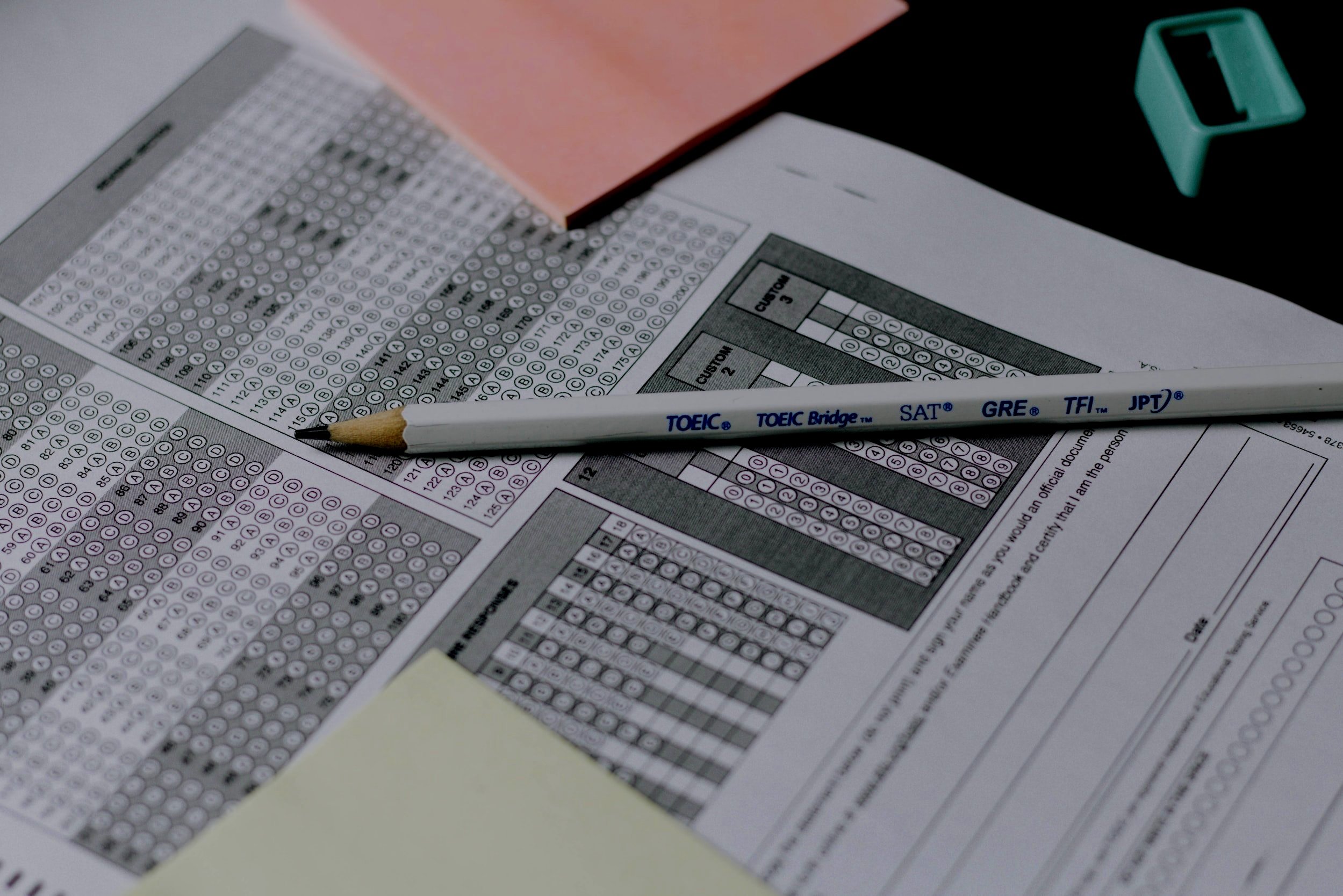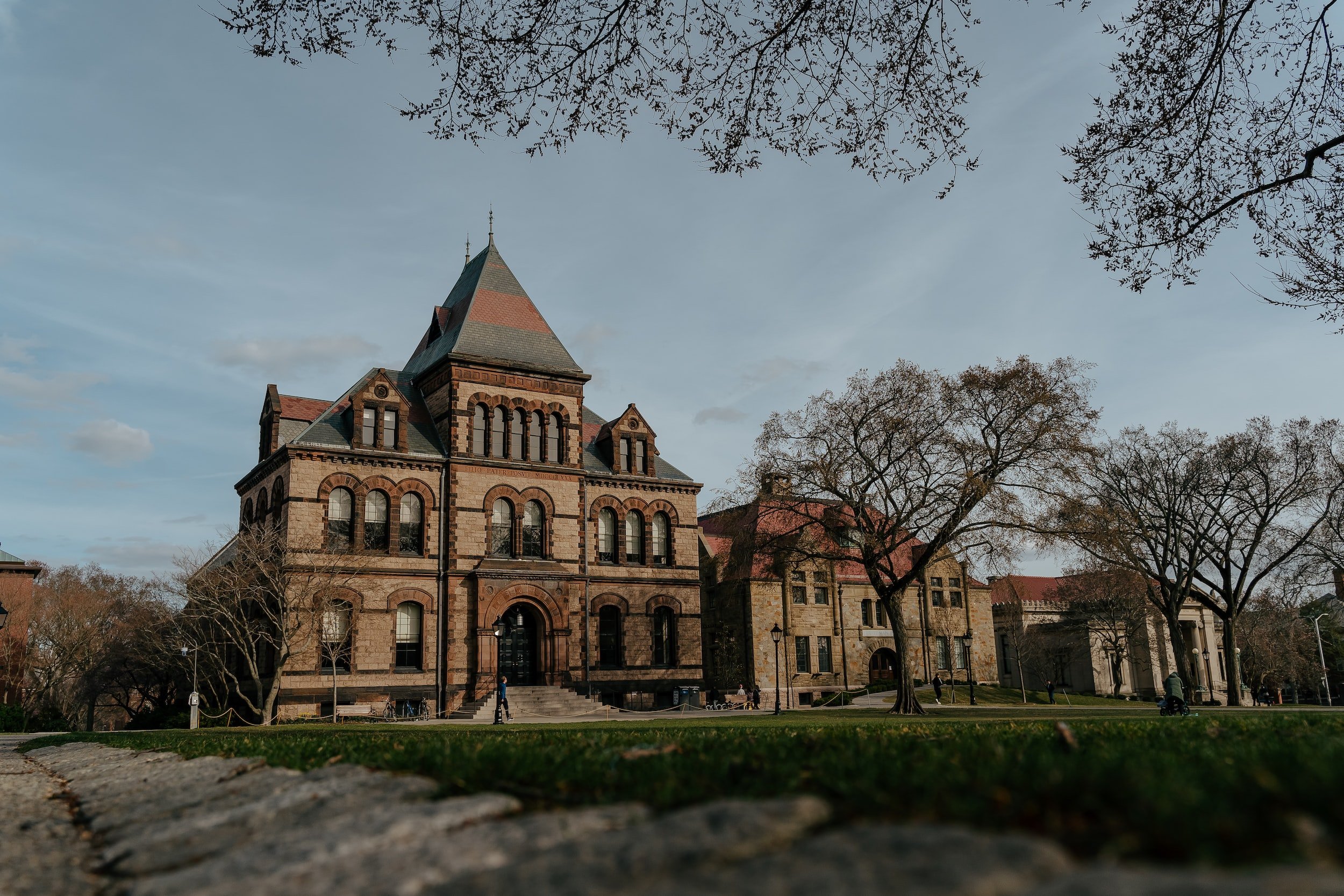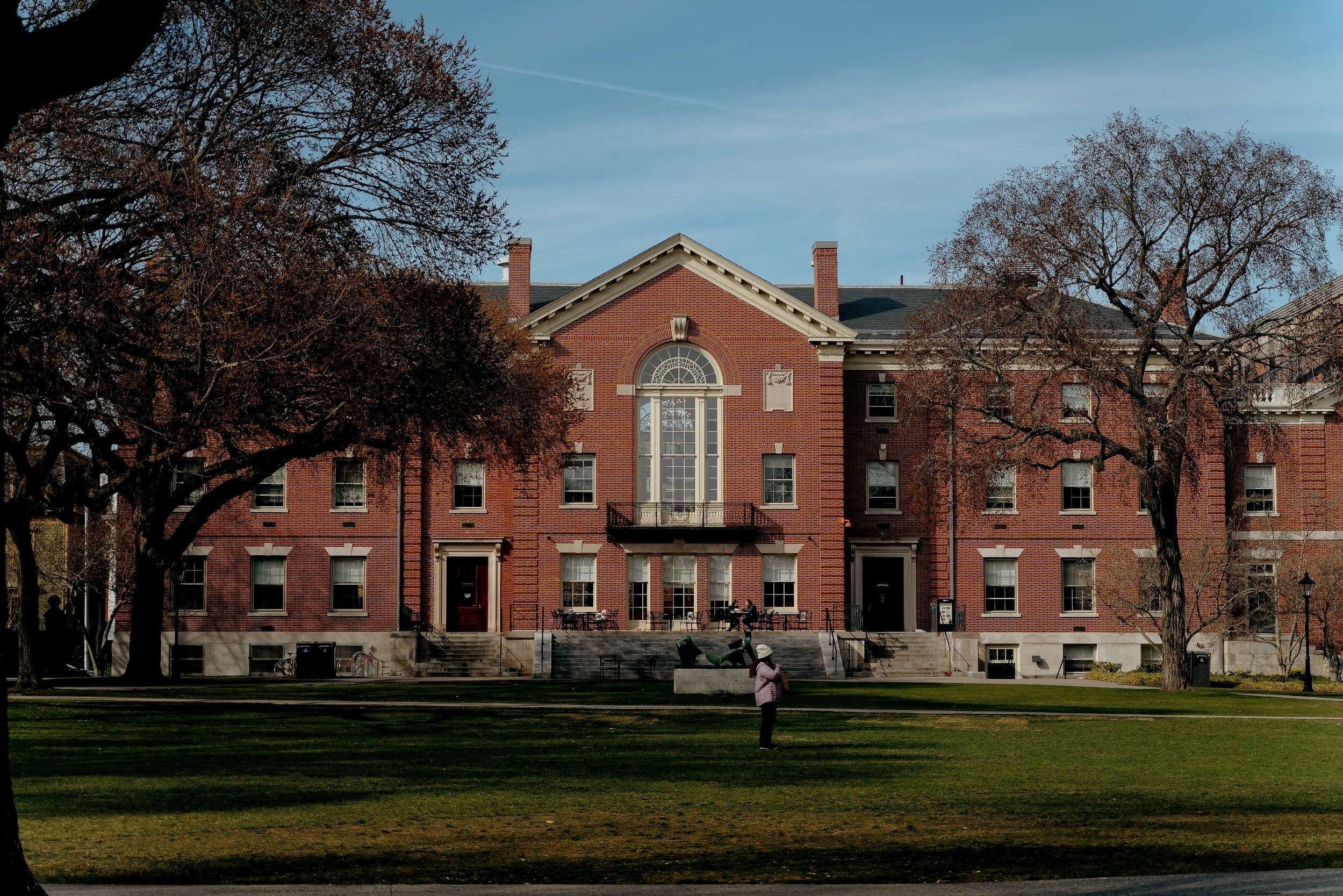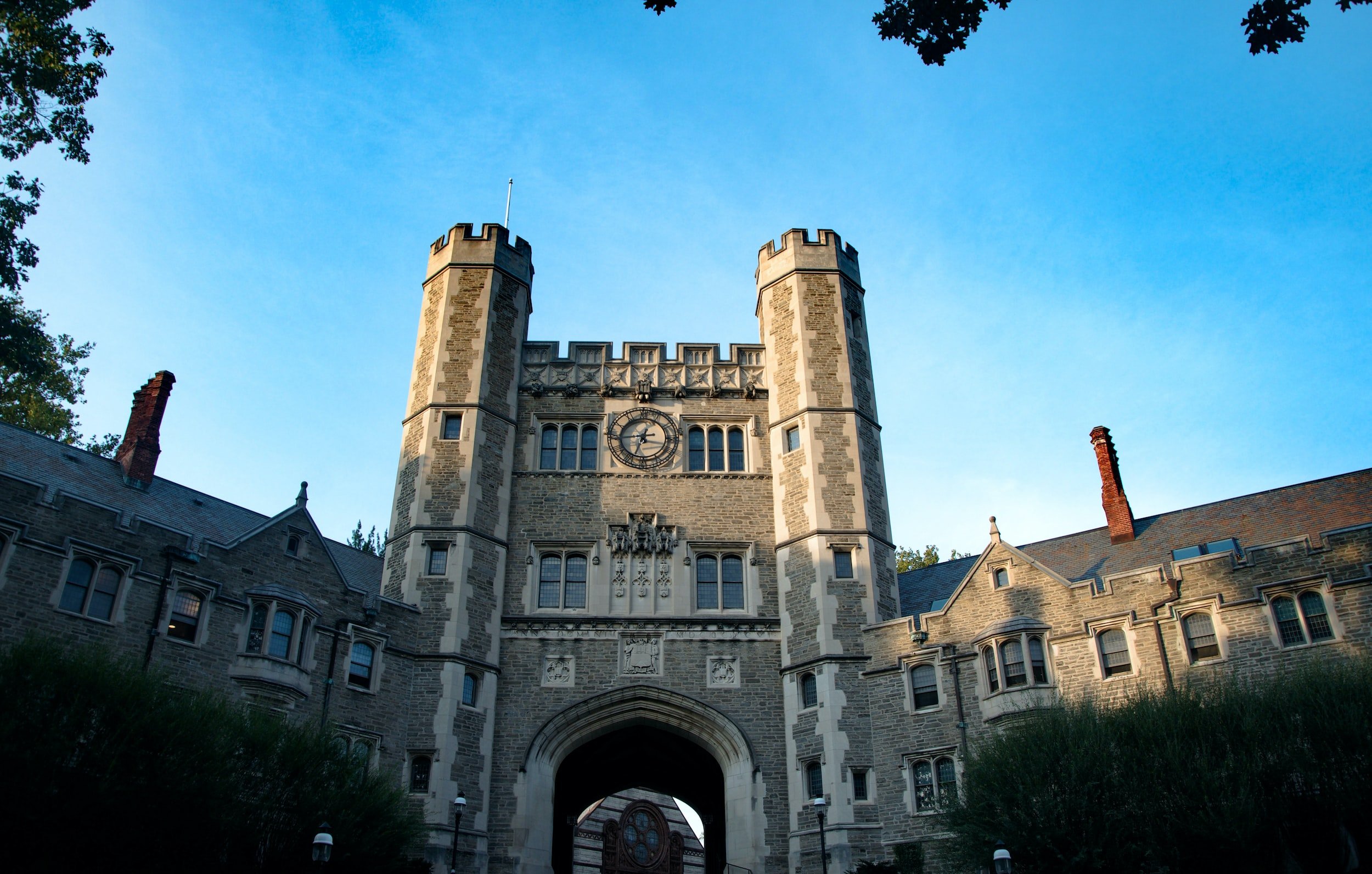The Ivy Institute
The nation’s first college admissions research institution
The Ivy Institute is the nation’s first higher education research institution conducting comprehensive research on the latest college admissions trends—new, up-to-date insights to our students to increase their chances of acceptance. Each year, colleges set admissions goals and priorities in the characteristics and backgrounds they are seeking to admit in the upcoming freshman class. These goals determine which students will be accepted.
Here at The Ivy Institute, we track and monitor these trends and behind the scenes goals to share with our students and families to help them complete applications sought after by the country’s top colleges.
Research
of The Ivy Institute

Admissions Research
of Ivy League & Top Colleges
-
Due to the ongoing pandemic, many colleges and universities are continuing to adopt test-optional policies, meaning that they are not requiring SAT or ACT scores for admission. This trend is likely to continue in 2023.
Increased competition: With more students applying to college than ever before, competition for admission to selective colleges and universities is expected to remain high.
Focus on character and leadership: Admissions officers are placing a greater emphasis on applicants' character and leadership skills, rather than just academic achievements. This includes extracurricular activities, community service, and personal essays.
Rise in early decision and early action applications: More students are applying through early decision and early action programs, which can increase their chances of admission.
Greater emphasis on diversity and inclusion: Colleges and universities are increasingly seeking to build more diverse and inclusive student bodies, and are looking for applicants who can contribute to this goal.
Hybrid admissions processes: Some colleges are experimenting with hybrid admissions processes, which combine traditional application materials with other forms of assessment, such as interviews, portfolio reviews, or even video submissions.
Overall, the college admissions landscape is constantly evolving, and students and families should stay up-to-date on the latest trends and policies to ensure they are making informed decisions throughout the application process.
-
According to the National Center for Fair and Open Testing (FairTest), as of February 2022, more than 1,730 four-year colleges and universities in the United States have implemented test-optional or test-blind policies for the class of 2023 and beyond. This represents about 86% of all four-year institutions.
It's important to note that some colleges with test-optional policies still encourage students to submit test scores if they are available and feel that they are an accurate representation of their academic abilities. Additionally, some colleges may have test-optional policies for certain programs or majors, but not for others. Therefore, students should always check with individual colleges to understand their specific testing policies and requirements.
Many top colleges and universities in the United States have adopted test-optional policies in recent years. Here are some examples of top colleges that offer test-optional admissions:
Harvard University
Yale University
Stanford University
Massachusetts Institute of Technology (MIT)
California Institute of Technology (Caltech)
Columbia University
Brown University
Duke University
Dartmouth College
University of Pennsylvania
Princeton University
Cornell University
Williams College
Amherst College
Bowdoin College
Middlebury College
Swarthmore College
Pomona College
Haverford College
Wesleyan University
It's important to note that each college has its own specific testing policies and requirements, so students should always check with individual schools to understand their testing policies and how they might impact their application.
-
The most common topics that students write about in their college admissions essays are personal experiences, challenges, and achievements that have shaped their identity and aspirations.
These topics may include:
Personal background and identity: Many students write about their family, cultural, and socioeconomic background, as well as their identity as it relates to race, gender, sexuality, and religion.
Significant life experiences: Students often write about significant life experiences that have impacted them, such as overcoming a challenge or adversity, a personal loss, or a transformative experience.
Extracurricular activities and community involvement: Many students write about their extracurricular activities and community involvement, including volunteer work, leadership roles, and other forms of engagement. These essays can demonstrate an applicant's passion, leadership skills, and ability to make a positive impact on their community.
Academic interests and goals: Some students write about their academic interests and goals, including their intended major or field of study. These essays can demonstrate an applicant's academic preparation, intellectual curiosity, and passion for learning.
Why this college: Many students write about why they are interested in attending a particular college or university. These essays can demonstrate an applicant's research into the college, their fit with the college's values and culture, and their potential contributions to the college community.
-
From an analysis of hundreds of applications from 2019 to 2023, along with interviews with admissions officers, here are our findings for the most common elements of a student’s essays that may cause a denial.
There are no specific words that are universally considered "worst" or "forbidden" in college admissions essays. However, it is generally advisable for students to avoid using language that is inappropriate, offensive, or disrespectful.
This includes:
Profanity or vulgar language: Using profanity or vulgar language is not appropriate in a college admissions essay and may reflect poorly on the applicant.
Overuse of cliches: Overusing cliches or tired expressions can make an essay sound insincere or unoriginal. Admissions officers want to see an applicant's unique voice and perspective, so it's important to use language that is authentic and fresh.
Negative language: Avoid using negative language that focuses on problems, weaknesses, or failures. Instead, focus on highlighting strengths and achievements, and frame challenges in a positive or growth-oriented way.
Arrogance or entitlement: Admissions officers are looking for students who are confident but also humble and respectful. Avoid using language that comes across as arrogant, entitled, or overly boastful.
Political or controversial language: While it's important for students to be honest and express their opinions in their essays, they should also be aware of the potential for controversy or offense. Avoid using language that is divisive or politically charged, and be respectful of different perspectives and beliefs.
Overall, it's important for students to focus on using language that is authentic, respectful, and reflective of their unique voice and experiences.
Ivy League Acceptance Rates
In nearly every year, Harvard and the other Ivy League schools consistently received more applications and reported lower acceptance rate.
Ivy League Data & Insights
Harvard
Last year, Harvard reported the lowest acceptance rate in its nearly 400 year history—a record low 3.43%. Harvard received a record high number of applications at 57,435.
Ivy Applicants
In 2021, the Ivy League experienced a historic number of applications—an increase of 34%. This trend will likely continue this year, further lowering acceptance rates in 2022.






















